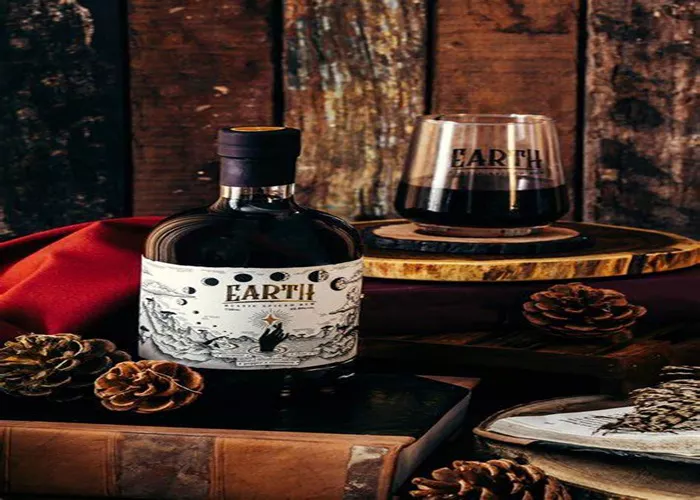30
Alcohol has been known by many names throughout history, but one of the most common terms used to refer to it is “spirits.” In this extensive essay, we will explore the reasons why alcohol is called spirits, delving into its history, chemistry, and cultural significance.
Advertisements
Introduction
Advertisements
The History of Alcohol and Spirits
1. Ancient Origins
Advertisements
2. Distillation
Advertisements
3. Spread of Spirits
The Chemistry of Alcohol and Spirits
1. Alcohol Content
2. Flavor and Aroma Compounds
3. Chemical Reactions
Cultural Significance of Spirits
1. Social and Recreational Use
2. Religious and Ceremonial Use
3. Medicinal Use
The Term “Spirits” in Different Languages and Cultures
1. English
2. Other Languages
3. Cultural Variations
See Also: What Spirit Is In Baileys Irish Cream?
The Future of Spirits
1. Trends in Consumption
2. Technological Advancements
3. Cultural Shifts
Conclusion
You might be interested
Advertisements


